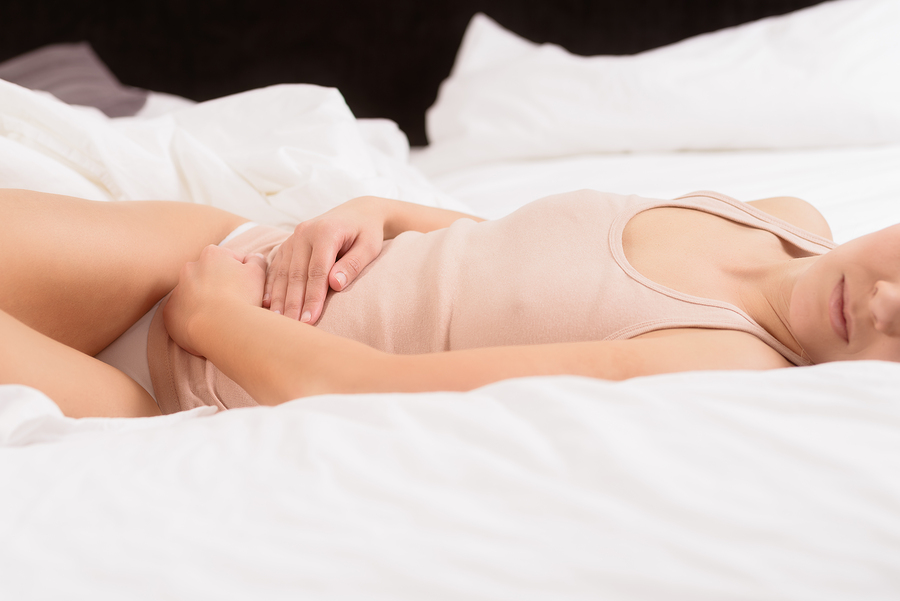Women Unseen Pains
Do you often complain of vaginal pain and experience severe pain? This condition in medical language is called vulvodynia, which is pain, soreness, itching, or heat in the vulva or the area around the vagina. Vaginal pain is a discomfort or pain in the female genital area. Vagina receives too much attention, vagina gets dry Vagina becomes itchy.
Itching, burning and irritation in your vagina? You may have vaginal pain. Vaginal pain is a common women's health problem. It can happen to any woman of any age. There are many possible causes of vaginal pain, such as infection, menopause, or cancer.
The most common cause of vaginal pain is vulvodynia. Vulvodynia is pain, soreness, itching, or heat in the vulva or area around the vagina. It is a chronic pain syndrome without an identified cause and is different from Vaginal itching Vagina dry Vaginal smell Vaginal discharge Vaginal weird Vagina infection Vagina sore Vagina vagina problem
Vulvodynia does not have to be related to sexual intercourse, but sometimes it is. The pain can be so severe that it makes intercourse or other activities impossible. However, reproductive health experts say that vulvodynia is not transmitted by sexual intercourse, nor is it a sign of cancer.
Causes of vaginal pain
There are other causes of vaginal pain, such as:
- Vaginal infection, such as a yeast infection or bacterial vaginosis.
- Menopause, when estrogen levels decline and the vagina becomes drier.
- Cancer, although this is rare.
- STDs, such as chlamydia or gonorrhea.
- Urinary tract infection (UTI).
- Pelvic inflammatory disease (PID).
- Sexually transmitted infections (STIs), such as herpes, HPV, and HIV.
- Skin conditions, such as psoriasis or eczema.
- Allergies to soaps, detergents, latex, condoms, or vaginal sprays or douches.
- Vaginal dryness due to low estrogen levels after menopause.
- Vaginal atrophy (VA) linked with menopause. Vaginal atrophy is the thinning and drying of vaginal tissues that can cause painful intercourse (dyspareunia). Vaginal atrophy is treated with local estrogen therapy.
How to relieve vaginal pain
There are also some things you can do to help relieve vaginal pain, such as:
- Use a lubricant during sexual intercourse.
- Avoid irritating soaps, detergents, or latex condoms if you are allergic.
- Try not to use vaginal sprays or douches.
- Vaginal moisturizers, such as Replens, can help. Vaginal moisturizers are available over the counter and can be inserted into your vagina. Vaginal moisturizers provide relief for women with vulvovaginal dryness by increasing the moisture of vaginal tissues.
- Apply moisturizers to the vulva (area around the vagina). Moisturizers can be found at your local drugstore. Put them on after you bathe or shower, when your skin is still damp.
- Vaginal lubricants can also help decrease pain during sex.
If you are experiencing vaginal pain, see your health care provider right away. He or she can help you find out what is causing the pain and how to treat it.

